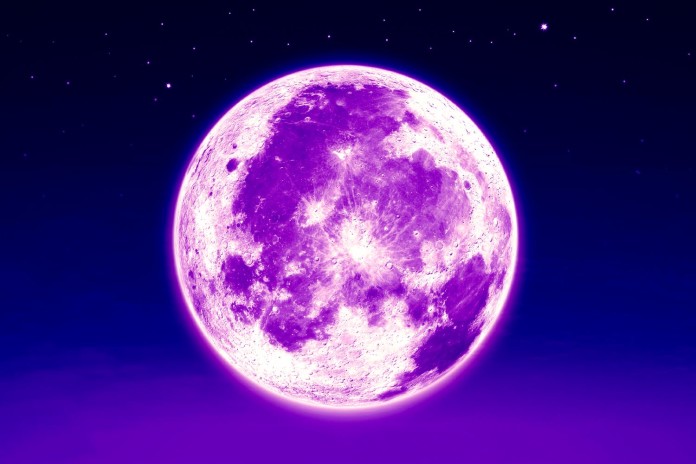
The U.S may have been the first to land on the Moon, but Russia might be the first to occupy it. A plan has been devised for the construction of a Russian lunar base between the years 2030 and 2035. Seeing as NASA has been accused of stealing their ideas lately, it’s likely they will try to compete.
SAVE THE DATE FOR RUSSIA MOON BASE
According to the director of space programs in Russia, plans are in place to build a base on the Moon starting in 2030. From the moment of landing that year, the assembly of the lunar base will carry on for five years until 2035. Plans for the base include a telecom station, solar power station, scientific station, landing and launch area, long distance rover and an orbiting satellite. The director did not mention that Russia will begin a permanent lunar settlement just yet, at, least, not for the time being.
NASA REMAINS SILENT FOR NOW
For now, NASA has remained silent on the concept of building a Moon village. They have their focus on conquering Mars as well as asteroid protection at the moment. Instead, they are leaving lunar challenges in the hands of others. The European Space Agency, however, seems very interested in sharing the idea with Russia. Johann-Dietrich Woerner, the head of the ESA has praised the concept of a Moon village saying that it may even replace the International Space Station some day. They even cite a date before that of Russia’s proposed 2030. Woerner predicts that the ISS will be decommissioned by 2020, meaning its replacement would have to come soon after that. Surely if NASA wants to remain involved with the ISS, they will express some interest in a lunar village.
BUZZ ALDRIN CHIMES IN
Despite NASA remaining quiet on the matter, former astronaut Buzz Aldrin has been vocal about his opinion. Aldrin believes that occupying the moon will offer valuable practice for the next step to Mars. He also predicted that it will be China that will be the first to do it. Regardless of whether his thoughts become reality, interest in Earth’s satellite still seems to be present, despite what NASA may think.

















